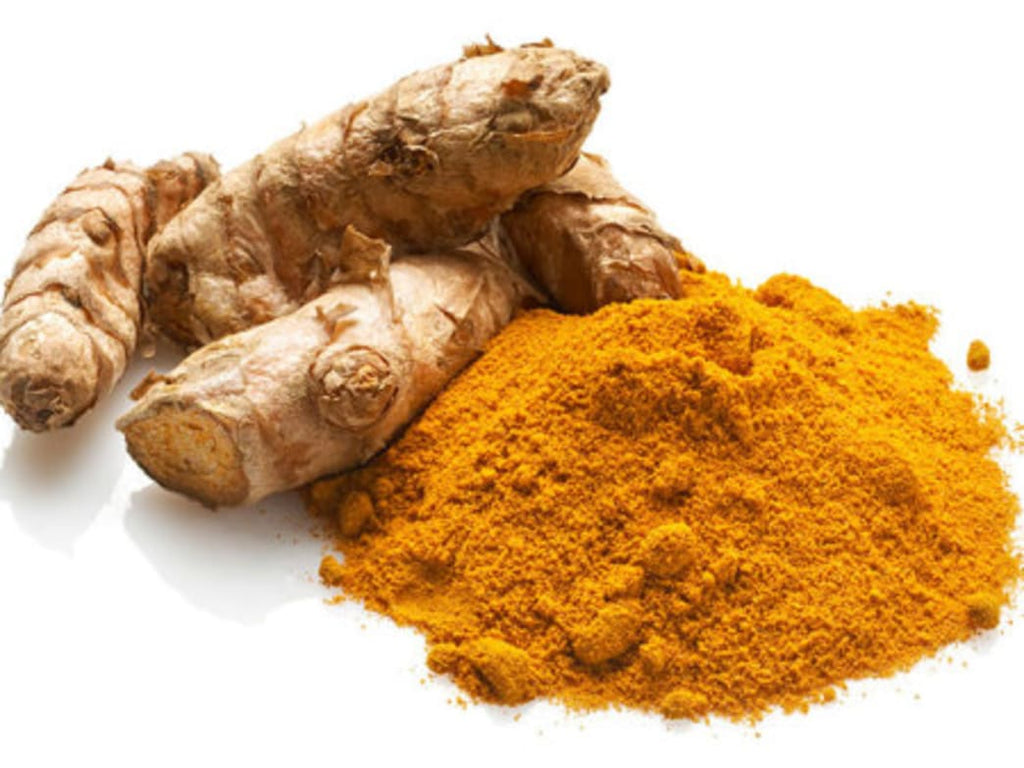For thousands of years, turmeric has been a widely used remedy in Eastern medicine, and in relatively recent times, science has been validating the merits of this ancient wisdom.
Since 1949, more than 8,000 scientific articles have been published on the subject, demonstrating many benefits. Turmeric is a key ingredient in curry spice blends, and it gives curry dishes their hallmark yellow color. Like all plants, it contains a variety of substances, and one of these-curcumin-has been credited with significant therapeutic qualities, from relieving arthritis pain and digestive troubles to reducing depression, atherosclerosis, and even Alzheimer's symptoms.
"I use it for its anti-inflammatory and antioxidant effects," says Kasra Pournadeali, ND, director of the Northwest Center for Optimal Health in Marysville, Wash. While the mere mention of such effects may not sound earthshaking, the ramifications may well be so.
Curcumin helps Pournadeali's patients with many conditions in addition to arthritis, such as other types of pain and inflammation; neurological conditions such as Parkinson's; nerve damage from chemical exposure; diabetes; and all sorts of chronic, inflammatory digestive problems. For patients with a family history of cancer, he recommends it as a preventive measure.
The supplement also has broader application: to keep us healthy. "Aging is a process of cellular degeneration," says Pournadeali. Exposure to toxins, a poor diet, and the pressures of everyday life speed up the process. "Turmeric in our food and curcumin in supplements can help mitigate everyday damage," he says.
How Curcumin Works
There are many processes going on in the human body all the time. When there's a malfunction, multiple mechanisms, which health professionals often refer to as "pathways," are involved.
"The reason curcumin is so effective is that it can act on over 100 different pathways in the body," says Holly Lucille, ND, a naturopathic doctor and educator based in Los Angeles. "Drugs only work on one." And because of their singular targets, drugs can also cause harm.
As an example, the COX-2 inhibitor Celebrex is a widely used anti-inflammatory drug for arthritis pain. It inhibits the COX-2 enzyme, one of the pathways that contributes to pain and inflammation, but also increases risk for heart attacks, strokes, and death.
Curcumin influences many enzymes, substances, and mechanisms in the human body. "Its ability to influence these pathways across the board creates more of a synergistic result," says Lucille. With such synergistic action, the herbal extract doesn't have the side effects of drugs.
Exciting New Research About Curcumin
A review of eight studies that followed more than 600 people found that curcumin relieved pain from a variety of conditions. The review, published in Pain Medicine, also noted that the curcumin supplement was safe and well tolerated.
Another study, published in Clinical Nutrition, compared curcumin with a placebo among 117 people at high risk for diabetes and heart disease. The supplement reduced risk by lowering chronic inflammation and increasing production of internal antioxidants in a way that researchers described as "robust."
Curcumin can also enhance the health of arteries, according to research published in The Gerontologist. A study of 29 middle-aged and older people found that compared to a placebo, the supplement improved dilation of blood vessels by more than one-third.
How to Benefit from Curcumin
"Enjoy turmeric as a spice," says Pournadeali. In addition to flavoring curry, turmeric root can be juiced, and the root or turmeric powder can be blended into smoothies (see recipe). However, if you're looking for enhanced health, he recommends taking 500 mg, twice daily, of a bioavailable curcumin supplement. Bioavailable forms that have been tested in studies include BCM-95, Curcumin C3 Complex, Longvida, Meriva, and Theracurmin. They are available as ingredients in various brands of supplements. Higher doses are sometimes recommended to resolve a specific condition, but they may cause diarrhea or nausea, in which case the dosage should be reduced.
Written by vera-tweed for Better Nutrition and legally licensed through the Matcha publisher network. Please direct all licensing questions to legal@getmatcha.com.


